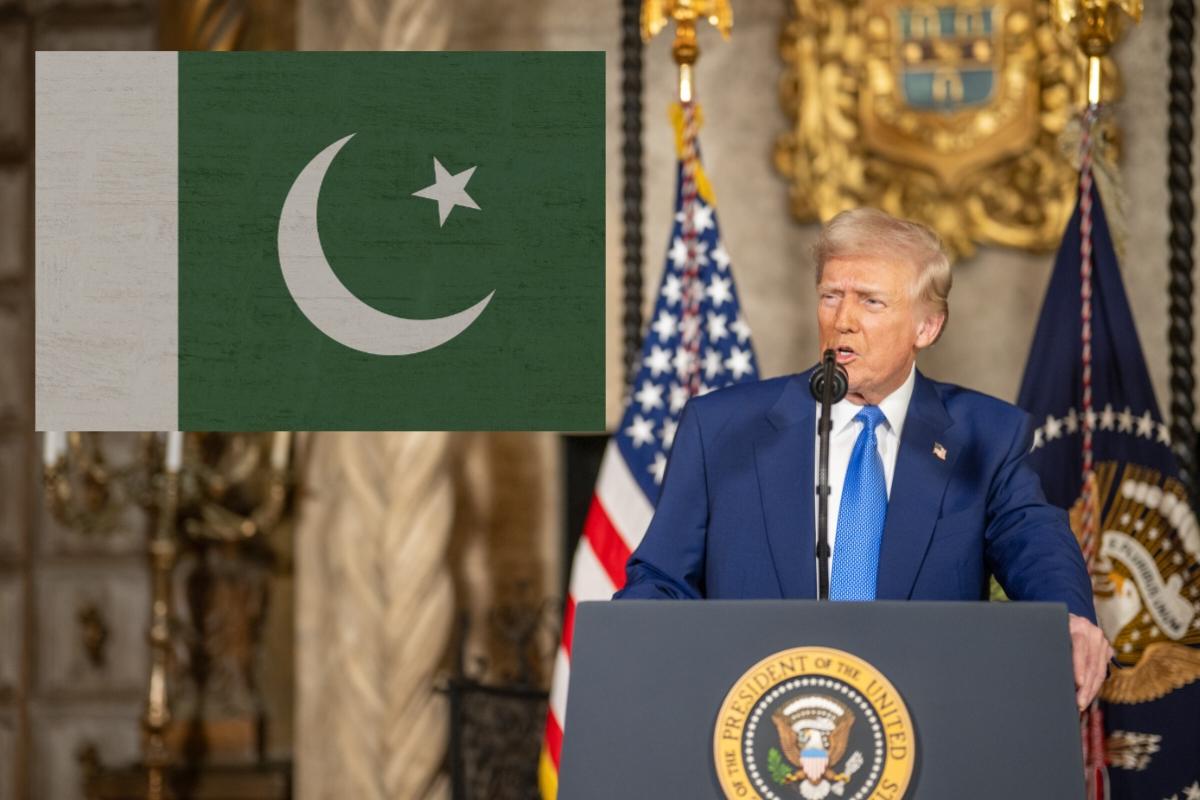
Governments around the world are increasingly mirroring U.S. President Donald Trump’s style of diplomacy—one that intertwines geopolitics with trade deals. In ongoing international conflicts, Trump has been offering trade incentives as leverage for U.S. mediation, presenting himself as a peacemaker with a business-centric approach.
Despite initially claiming that the United States would maintain a “hands-off” stance on the India-Pakistan conflict, Trump later took credit for a ceasefire between the two nations. According to him, his administration’s suggestion of “trade instead of war” prevailed. However, the question remains: what trade and with whom?
Indian leaders have categorically denied any trade-linked negotiations tied to the ceasefire. But the situation involving Pakistan tells a different story, raising concerns over possible conflicts of interest connected to Trump’s personal business ventures.
A closer look at the timeline reveals that on April 22, terrorists targeted 26 tourists in Pehelgam. Just three days later, Pakistani media reported that General Munir, Pakistan’s army chief, held a closed-door meeting with a visiting U.S. delegation in Islamabad. The meeting’s agenda was to finalize a deal between a crypto firm, World Liberty Financial, and the newly formed Pakistan Crypto Council.
World Liberty Financial is a cryptocurrency enterprise in which the Trump family reportedly holds a 60% stake. The Pakistan Crypto Council was launched only a month prior with an ambitious mission to turn Islamabad into the crypto capital of South Asia. Adding to the intrigue, the council also brought on Binance founder Changpeng Zhao as an advisor.
Another figure central to this unfolding story is U.S. citizen Gentry Thomas Beachch, a long-time friend of Donald Trump Jr. and his classmate from the early 1990s. Within ten days of Trump’s inauguration on January 30 this year, Beachch arrived in Islamabad. Presenting himself as a Trump associate, he met with Prime Minister Shahbaz Sharif, accompanied by potential investors under the umbrella of WhiteBridge Global.
According to local media, Beachch declared Pakistan to be the “front face for the U.S. in the entire region” through WhiteBridge’s real estate ventures. He is also reported to have pledged billions of dollars to transform the skylines of Karachi and Islamabad. Further, Beachch signed a deal with Apex Energy for the exploration and development of gold reserves in Pakistan, estimated to be worth a staggering $50 trillion.
These activities were facilitated by Pakistan’s Special Investment Facilitation Council, established in 2023. The council is led by the Prime Minister and includes the Army Chief as a key member of its apex committee.
Clearly, trade is being conducted under the umbrella of diplomacy. But questions linger about who ultimately benefits from these deals. The growing intersection between U.S. foreign policy and Trump’s personal financial interests has prompted fresh scrutiny.
Forbes data indicates that Trump's net worth has seen a dramatic turnaround in the past year. His wealth has more than doubled, rising from $2.3 billion in 2024 to over $5 billion in 2025. This marks a stark contrast to his first presidential term, during which his wealth had declined. The recent surge in assets suggests a strategic—and potentially controversial—blend of presidential power and personal business.
Disclaimer: The information presented in this article is based on publicly available media reports and sources deemed reliable at the time of publication. The article is intended for informational and editorial purposes only. It does not constitute financial, legal, or political advice. The views expressed do not necessarily reflect those of the publication or its affiliates. Readers are advised to conduct their own research and exercise discretion before drawing any conclusions.




